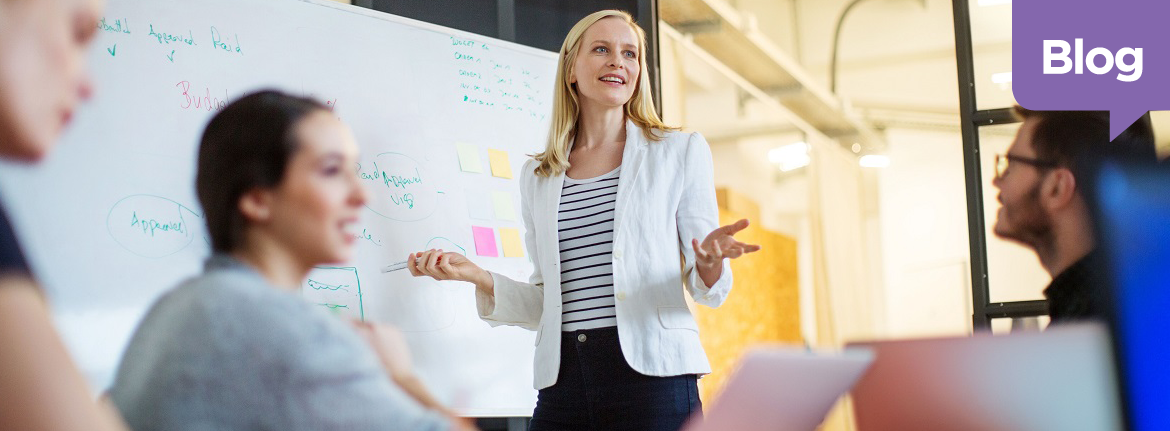
Evidence-Based HR 103: Why Modern HR Organizations Need Data Science
In our “Evidence-Based HR 101” (EBHR) article, we introduced the idea of using evidence to support HR decision-making. We described EBHR as the idea that HR should make decisions based on proven evidence, hard data, and experimental studies in order to eliminate subjectivity, uncertainty, and risk. In our follow-up “102” post, we discussed best practices, including setting goals, finding or creating evidence, and ensuring the evidence fits the situation.
Today, we’re adding a new dimension to our understanding of EBHR: the role of data and data science.
“Most companies have all the data that they need, they just don’t know how to use it,” says Jenny Dearborn, co-author of The Data Driven Leader. “They don’t know how to put it together or what questions to ask. They don’t really know what they’re looking for.”
In other words, companies already have a host of evidence available to them through data produced by the tools and reports they use. Companies know which salespeople are the most productive, which managers have the highest turnover, which recruitment strategies are the most cost-effective, etc. What companies do not know is how to extract usable information from that raw data.
That requires incorporating data expertise into HR operations.
Unfortunately, most HR professionals simply aren’t trained to analyze data in ways that can produce or substantiate evidence that can be used in decision-making. Just getting an analytics tool, without someone who can operate it knowledgeably, renders that tool suboptimal at best and ineffective at worst. More to the point, producing the most effective analysis – that which is predictive and forward-looking – requires data scientists who use sophisticated methodologies like AI and machine learning to understand the data they have and what it means for the future.
The good news is that, in these cases, opportunities for improvement abound.
‘‘We’re living through a golden age of understanding personal productivity,’’ Marshall Van Alstyne, a professor at Boston University who studies how people share information, tells The New York Times. ‘‘All of a sudden, we can pick apart the small choices that all of us make, decisions most of us don’t even notice, and figure out why some people are so much more effective than everyone else.’’
All that is required is data science.
CoAdvantage, one of the nation’s largest Professional Employer Organizations (PEOs), helps small to mid-sized companies with HR administration, benefits, payroll, and compliance. To learn more about our ability to create a strategic HR function in your business that drives business growth potential, contact us today.